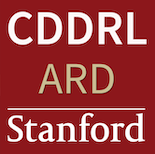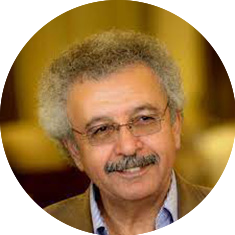Winner of the Arabic Booker Prize, novelist, poet, artist, and photographer of Palestinian origin
The Jordanian-Palestinian poet, writer, and photographer Ibrahim Nasrallah was born in 1954 in Amman, the capital of the Hashemite Kingdom of Jordan. As the son of Palestinian parents who were relocated in 1948, he spent his childhood and youth at the Al-Wehdat Palestinian refugee camp. He studied at UN schools for Palestinian refugees and at the UNRWA Teacher Training College in Amman, after which he worked as a teacher in the Al Qunfudhah region of Saudi Arabia for two years. He processes his experiences duringthat time in his first novel »Prairies of Fever« (1985), which »The Guardian« named as one of the ten most important novels about the Arab world. Between 1978 and 1996, he worked as a journalist. Back in Jordan, Nasrallah wrote for various newspapers as well as for the Abed Al-Hameed Shoman Foundation. In 2006, he became a freelance writer.
To date, Nasrallah has published seventeen collections of poetry, two poetry volumes for children, and sixteen novels –some of which have been translated into English, Italian, Danish, and Turkish – including an ambitious project of eight volumes on modern Palestinian history. One of the volumes, »Time of White Horses« (2007), was shortlisted for the International Prize for Arabic Fiction in 2009 and received numerous accolades. The book is about three generations of a family from a Palestinian village, beginning with the collapse of the Ottoman occupation, continuing through the British Mandate for Palestine and finally the »Nakba«, the 1948 exodus when Palestinian Arabs fled and were expelled from the former British Mandate.










